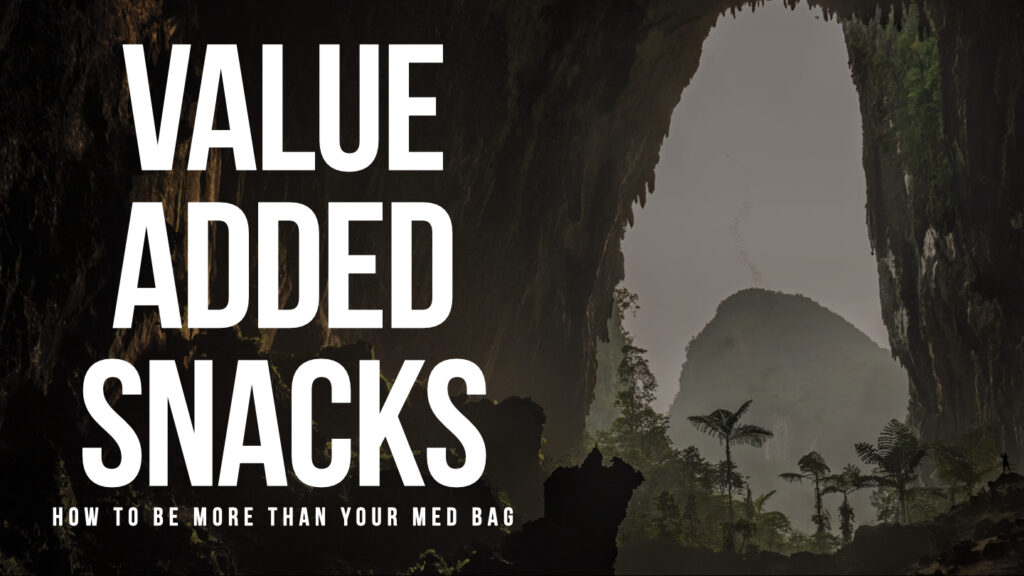
Value Added Snacks — Lessons in Leadership, Judgement and Humour from the World’s Toughest Environments
This past weekend I had the immense privilege of speaking on the biosphere stage at the World Extreme Medicine Conference in Edinburgh — surrounded by some of the most curious, capable and generous expedition professionals I’ve ever met.
My talk was titled Value Added Snacks.
It wasn’t another clinical case study.
It was a story-driven look at what really makes a medic valuable when the environment (and sometimes the team) is doing its best to unpick everything else — the leadership, judgement and humour that keep people alive and connected when the pressure stacks up and the plan falls apart.
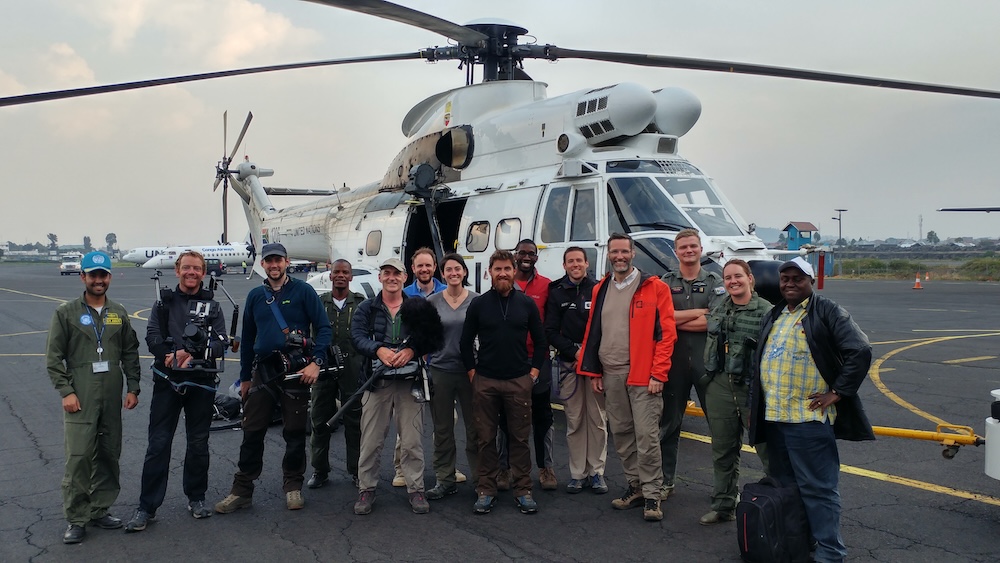
⸻
The Two Hats Problem
I told a story from a remote expedition in Peru where I was wearing two hats: cameraperson and medic. Two sets of responsibilities, two sets of expectations — and, at one critical moment, too many spinning plates.
It taught me the hard way that our value in these settings isn’t measured by what’s in our medical kit – or even our brains. It’s how we manage the space between competence and connection, between being the professional and being the human everyone needs when things start to wobble.
⸻
The Glue in the Middle
On professional expeditions you find every kind of personality — scientists, athletes, climbers, fixers, dreamers. The medic sits somewhere in the middle: part clinician, part counsellor, part logistics officer, part emotional airbag.
The best medics I’ve worked with aren’t loud, or necessarily the most qualified on paper. They’re the ones who quietly hold the team together. They lead without looking like they’re leading – through emotional maturity and well intended subterfuge.
That’s why I spoke about the importance of Human Factors and Crew Resource Management — ideas borrowed from aviation and adapted for expedition life.
They remind us that professionalism isn’t just technical skill; it’s situational awareness, communication and trust.
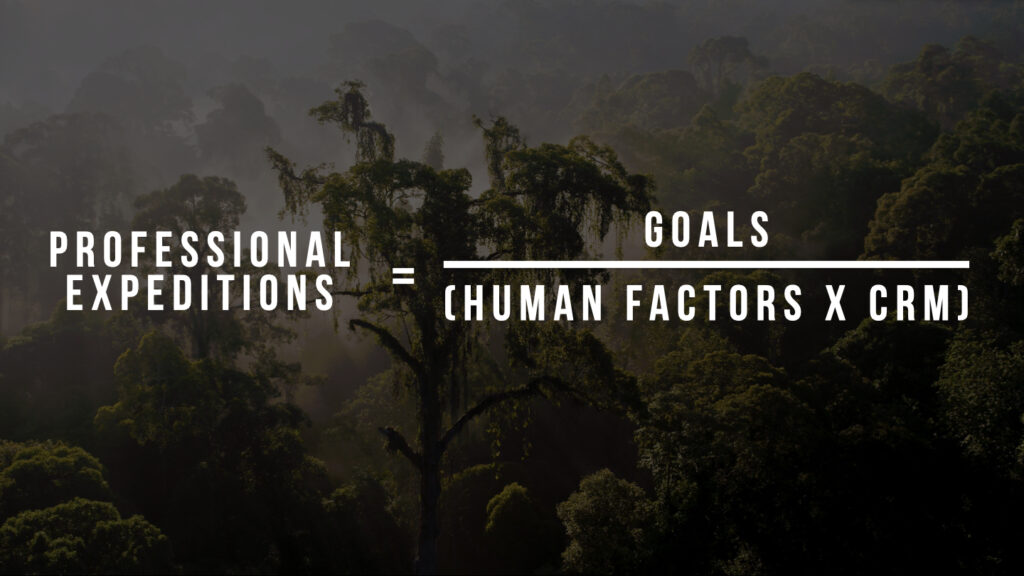
⸻
Threshold Decisions
Every medic in a remote environment faces threshold decisions: moments where the right call isn’t obvious, the data is incomplete, and the consequences are personal.
Do you push on? Do you pull back?
Do you laugh in the face of a watery bowl of super noodles and tropical wound infections, or do you stop play and say enough is enough.
These aren’t just clinical questions — they’re human ones. And they’re shaped by relationships, fatigue, fear, pride, and the pressure of being everyone’s friend and everyone’s safety net at the same time.
⸻
The Four Truths
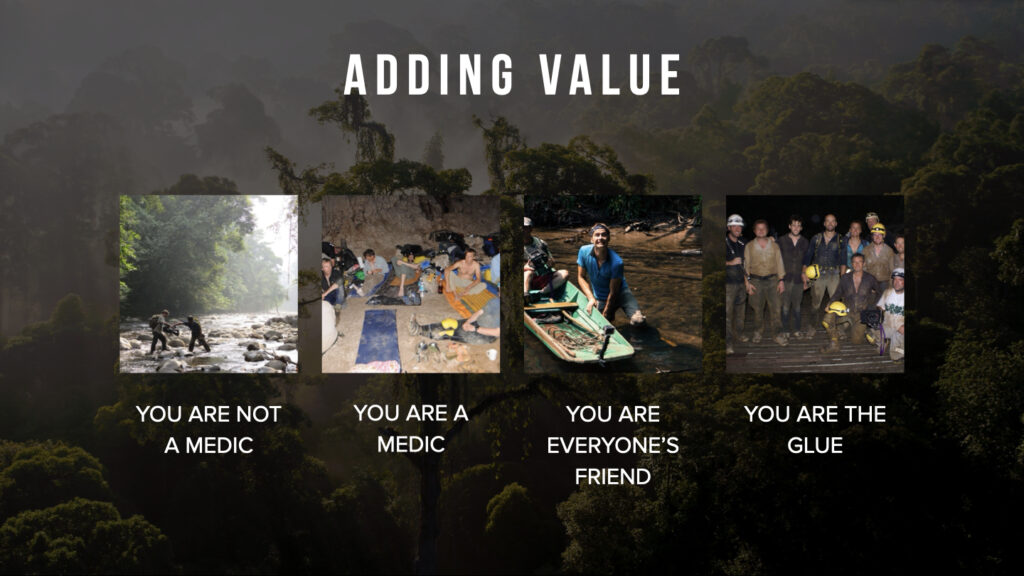
The talk revolved around four simple truths that have shaped how I work:
1.You’re not just a medic.
You’re part of the story, part of the crew. Your presence changes the room and your character sets the tone.
2.You are a medic.
You’re still the grown-up in the tent when things go wrong. Authority doesn’t mean ego — it means calm decisiveness when the faeces hits the clingfilm.
3.You’re (not) everyone’s friend.
You have to be friendly to build trust, and relationship is vital to effective integration. But sometimes you have to make calls that don’t win popularity contests. That’s leadership.
4.You’re the glue.
The invisible bond that keeps ambition and safety in balance.
If those sound simple, it’s because they are — but in the field, simplicity saves energy, and clarity saves lives.
⸻
Seatbelts, Not Handbrakes
In the end, Value Added Snacks was about reframing what medical leadership looks like in the professional expedition space.
The best medics — and, frankly, the best humans — aren’t the handbrakes on progress. They’re the seatbelts. They let teams push limits safely, stoking ambition whilst ensuring that when things go sideways, people walk away intact — physically and emotionally.
Because competence gets you invited, but it’s character that keeps you there.
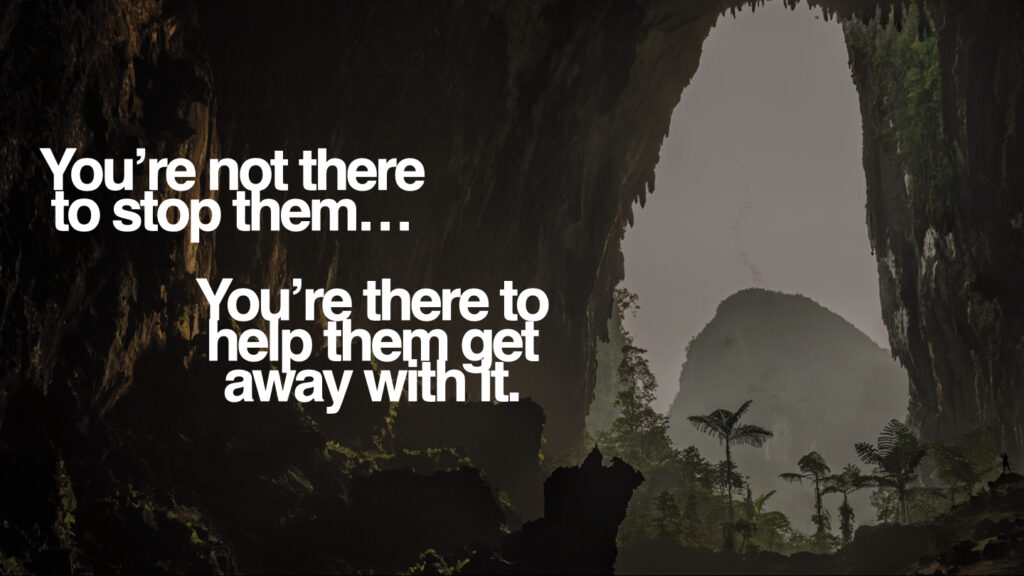
⸻
Afterthoughts
The conversations after the talk were the best part — hearing from people who’d made their own threshold decisions, who’d carried the same doubts or wrestled with the same need to balance competence with compassion.
That’s what I love about the extreme medicine community: it isn’t just about knowledge; it’s about shared humanity under pressure.
If we keep telling honest stories — about what went right and perhaps more importantly, what didn’t — we keep each other learning, laughing and alive.
⸻
Ryan Atkinson
Paramedic | Expedition Cinematographer | Storyteller
#ExtremeMedicine #Leadership #HumanFactors #ExpeditionMedicine #Resilience #Paramedic #WEM25
